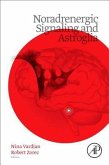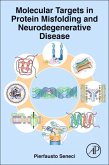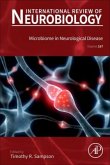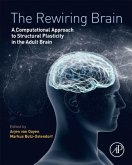Consequences of Intracellular Amyloid in Alzheimer's Disease addresses one of the more currently unresolved aspects confounding Alzheimer's research, the significance of intraneuronal amyloid. It seeks to explain some of the unresolved questions concerning intracellular amyloid and its origin, entry, and toxicity.
Following up on Dr. D'Andrea's first book, Bursting Neurons and Fading Memories: An Alternative Hypothesis for the Pathogenesis of Alzheimer's Disease, this book further examines the Inside-Out or Bursting alternative hypothesis of how amyloid escapes the circulatory system to ultimately enter neurons, also examining whether there is a relationship between intracellular amyloid, amyloid plaques, and cognitive impairment. Through a comprehensive explanation of the currently relevant scientific research on intracellular amyloid compiled in this handy reference, readers will better understand the mechanisms that lead to neuron death.
Following up on Dr. D'Andrea's first book, Bursting Neurons and Fading Memories: An Alternative Hypothesis for the Pathogenesis of Alzheimer's Disease, this book further examines the Inside-Out or Bursting alternative hypothesis of how amyloid escapes the circulatory system to ultimately enter neurons, also examining whether there is a relationship between intracellular amyloid, amyloid plaques, and cognitive impairment. Through a comprehensive explanation of the currently relevant scientific research on intracellular amyloid compiled in this handy reference, readers will better understand the mechanisms that lead to neuron death.
"Our difference of opinion on the formation of intracellular Aß is what makes Dr. D'Andrea's book a must read for Alzheimer's professionals and students alike. The book examines considerable evidence carefully explained using a writing style remarkably easy to understand; additionally, the illustrations in support of the evidence presented are a knockout." --Jack de la Torre, MD, PhD, Professor of Neuropsychiatry (Adjunct), Department of Psychology, University of Texas at Austin, Austin, TX, USA, June 13, 2016








